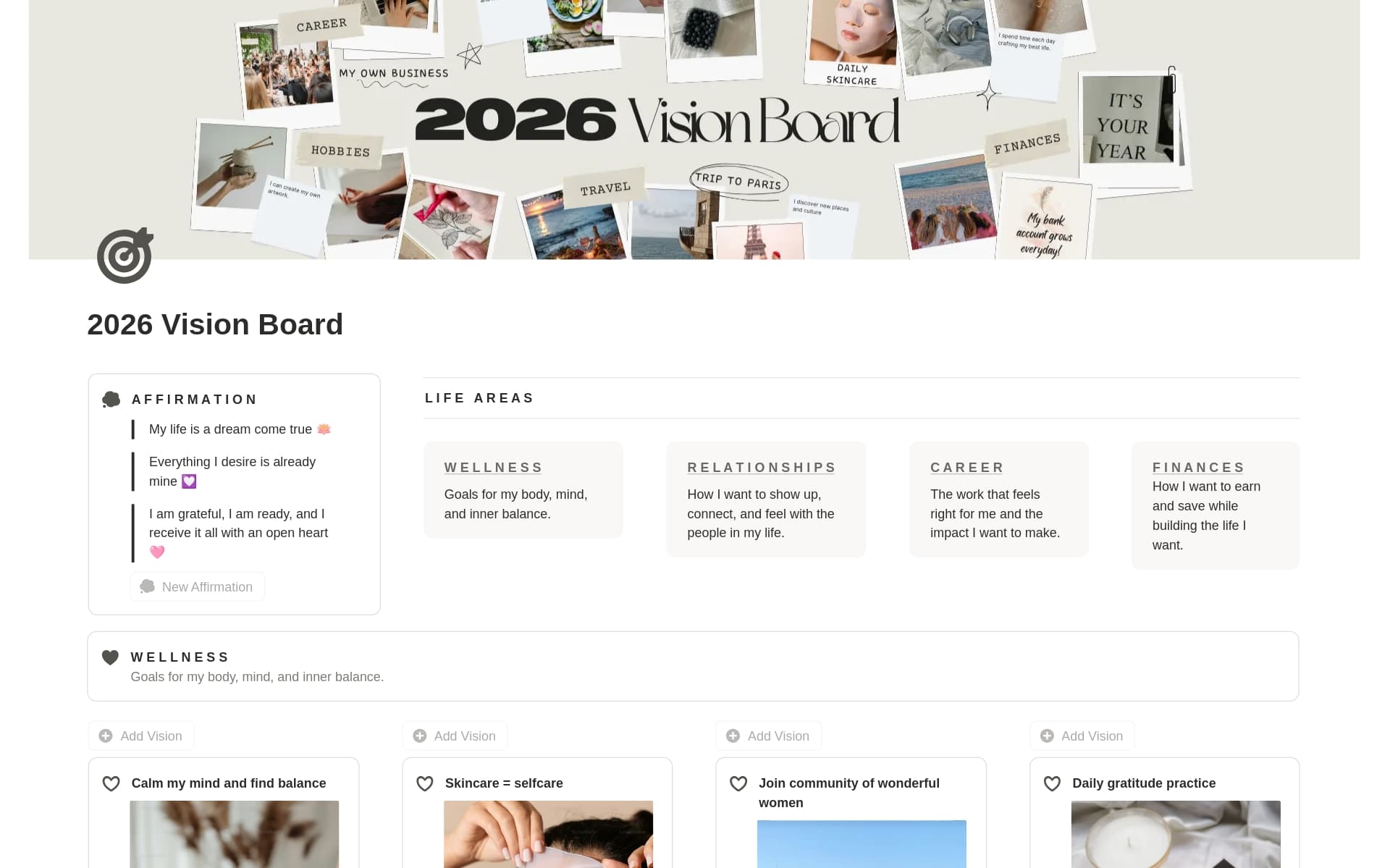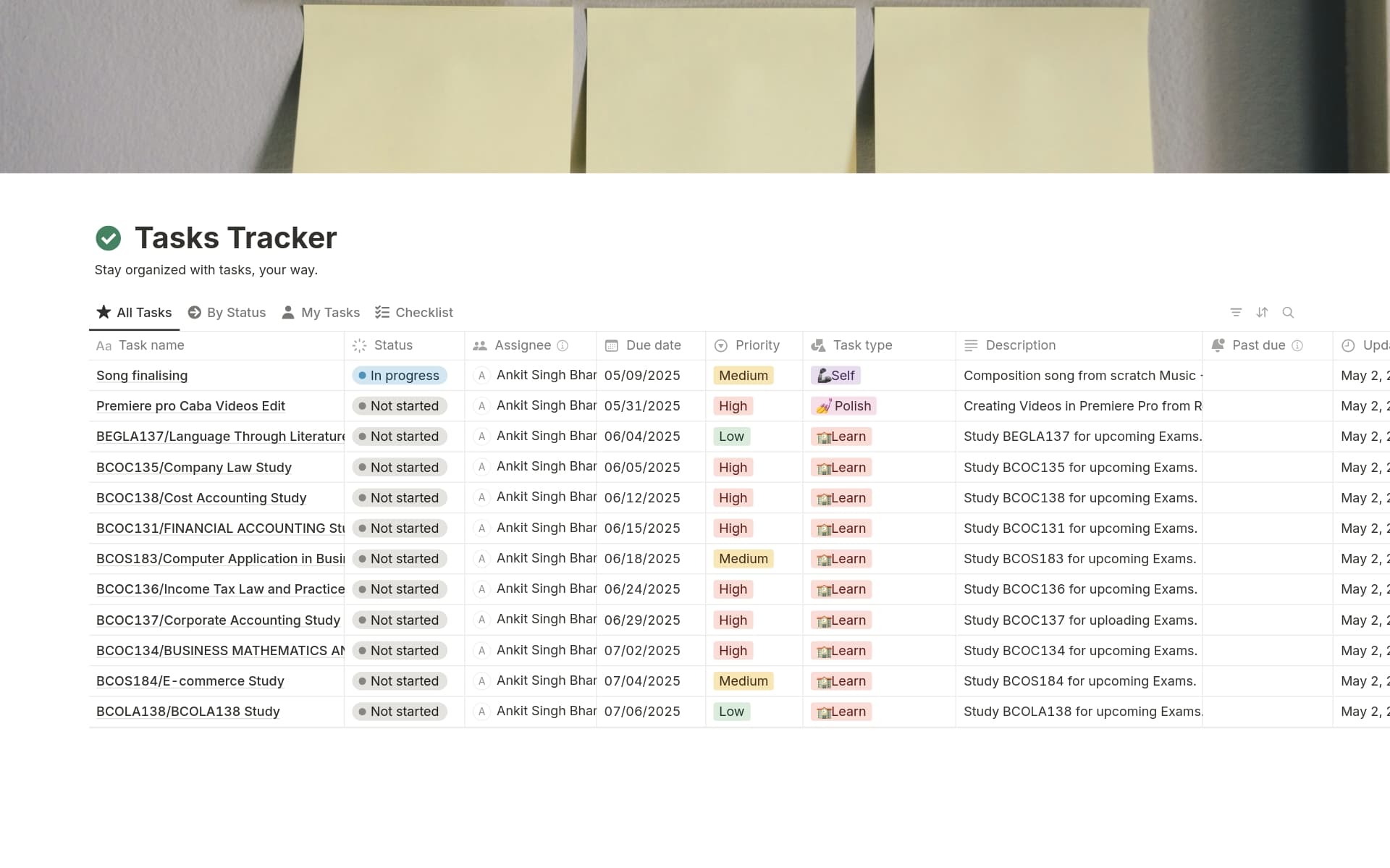Launch Progress Tracking is essential for ensuring that your projects are moving forward efficiently and effectively. It helps you stay organized, manage tasks, and meet deadlines, which is crucial for the success of any launch. A Launch Progress Tracking template in Notion can streamline this process by providing a structured framework to monitor progress, assign tasks, and keep your team aligned.
Before you dive into creating your own Launch Progress Tracking system, take a look at these Notion templates to make the process easier and more efficient.
What Should Launch Progress Tracking Templates Include?
Choosing the right Launch Progress Tracking Template in Notion can streamline your project management and ensure a smooth rollout. Here are key components to look for in an effective template:
Task Management: The template should offer a comprehensive system for tracking individual tasks, deadlines, and responsibilities. This helps in maintaining the project's momentum.
Milestone Tracking: It's important to have visual markers for key phases of the project. This component helps in assessing progress at a glance and aligns the team on critical objectives.
Resource Allocation: A section dedicated to managing resources, including team members and budget, ensures that the project stays within scope and is adequately staffed.
Collaboration Tools: Features that facilitate communication and collaboration among team members are essential. This might include integrated messaging systems or comment sections on tasks.
With these components, a Launch Progress Tracking Template not only organizes tasks but also fosters a collaborative environment that is essential for a successful launch.
What Should Launch Progress Tracking Templates Avoid?
Choosing the right Launch Progress Tracking Template in Notion can streamline your project management and ensure a smooth rollout. However, some features might do more harm than good. Here are a few components to steer clear of:
Overly Complex Features: Templates with too many intricate features can confuse rather than help. Opt for simplicity to keep your team on track without the clutter.
Non-Customizable Elements: Avoid templates that don't allow you to tweak settings or add custom fields. Flexibility is key in adapting the template to your specific project needs.
Generic Task Descriptions: Templates that include vague task descriptions can lead to misunderstandings. Look for templates that encourage detailed and clear task definitions.
Remember, the best template is one that fits your project's unique requirements and helps your team maintain momentum without unnecessary distractions.




